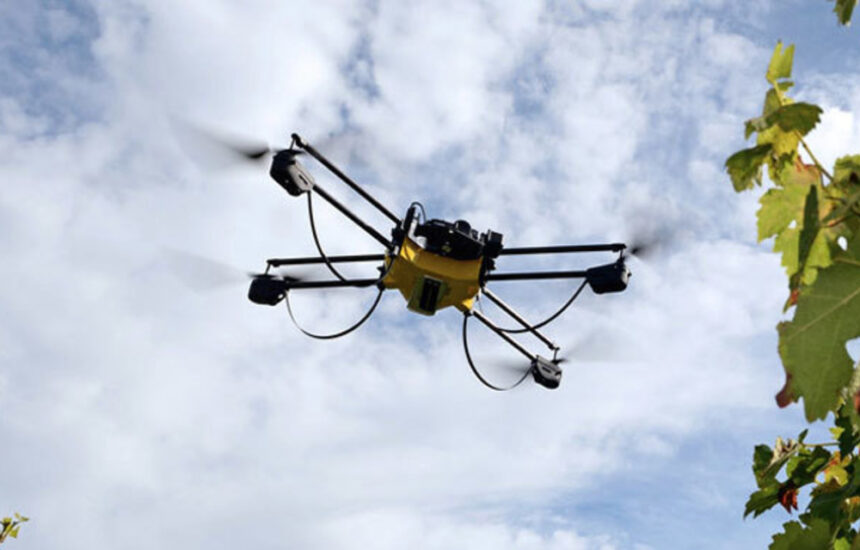It is clear that the use of surveillance technologies in Cape Town is a contentious issue that raises important questions about privacy, civil liberties, and the militarization of public safety. While the city argues that these tools are essential for maintaining public safety and combating crime, critics argue that they pose a threat to individual rights and could potentially be misused for oppressive purposes.
One of the key concerns raised by civil society and privacy advocates is the lack of transparency surrounding the use of surveillance data. The City of Cape Town has not provided detailed information on how data captured by the Eye in the Sky system is stored, used, or shared. This lack of transparency has led to calls for stronger regulatory oversight, public consultation, and the development of safeguards to prevent abuse.
Legal scholars have also highlighted the need for clear privacy policies that align with the Protection of Personal Information Act (Popia) and uphold constitutional protections against unreasonable searches. The collection of thermal imagery, facial data, and behavioral patterns without consent or judicial oversight raises significant legal concerns under section 14 of the Constitution of South Africa.
The parallels between the use of surveillance technologies in Cape Town and in occupied Palestine are striking. In both contexts, these technologies are used not only for public safety but also for population control. The deployment of facial recognition cameras, drones, and predictive policing software in Palestinian territories has raised serious human rights concerns, with data being used to categorize individuals based on their perceived threat level or resistance to occupation.
In Cape Town, recent crackdowns on Palestinian solidarity protests and reports of surveillance tools being used to monitor and track protestors suggest a troubling trend towards similar methods of population control. The meeting between Cape Town mayor Geordin Hill-Lewis and the South African Police Service to discuss strategies to suppress dissent is especially concerning in light of the controversial visit by the Democratic Alliance to Israel.
As the debate over the use of surveillance technologies in Cape Town continues, it is clear that there is a need for greater transparency, accountability, and respect for individual rights. The City must ensure that its use of surveillance tools complies with legal and constitutional protections and that mechanisms are in place to prevent abuse and protect the privacy of its residents. The implementation of Cape Town’s Eye in the Sky, a high-tech surveillance system, has raised concerns about the lack of transparency and accountability in its operation. While the system promises to enhance public safety and security, the absence of clear data policies regarding retention, third-party sharing, and mechanisms for redress has sparked fears of potential unlawful surveillance practices.
One of the major risks associated with the Eye in the Sky is the normalization of military-grade surveillance in civilian life. This trend poses a threat to civil liberties, as surveillance can be used to monitor and control the movement of individuals, suppress protests, and deepen social exclusion. The covert nature of this type of surveillance makes it difficult for the public to identify and challenge any potential abuses of power.
As digital surveillance becomes more prevalent in urban governance, it is crucial to consider who these technologies ultimately serve. Without robust safeguards, transparent governance structures, and meaningful public consultation, these systems are likely to prioritize the interests of those in power over the rights and privacy of individuals. In a constitutional democracy like South Africa, it is imperative that security measures are implemented in a manner that is rights-based, legally compliant, and ethically sound.
It is essential for authorities to prioritize the protection of human rights and ensure that the use of surveillance technology is in line with democratic principles. Public oversight and accountability mechanisms must be put in place to prevent the misuse of surveillance tools for political or discriminatory purposes. Ultimately, the goal should be to strike a balance between security concerns and the protection of individual freedoms.
Sõzarn Barday, a writer and attorney based in South Africa, highlights the importance of upholding human rights in the context of surveillance practices. Her perspective underscores the need for a critical examination of the ethical implications of deploying advanced surveillance technologies in urban environments. By promoting transparency, accountability, and public engagement, it is possible to ensure that security measures serve the interests of all citizens, rather than reinforcing existing power structures.








